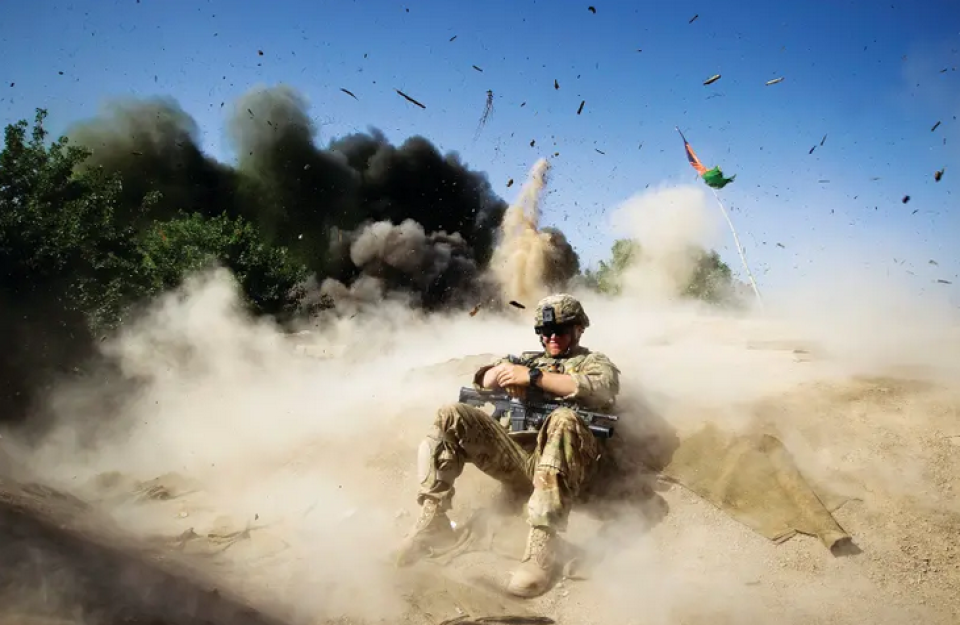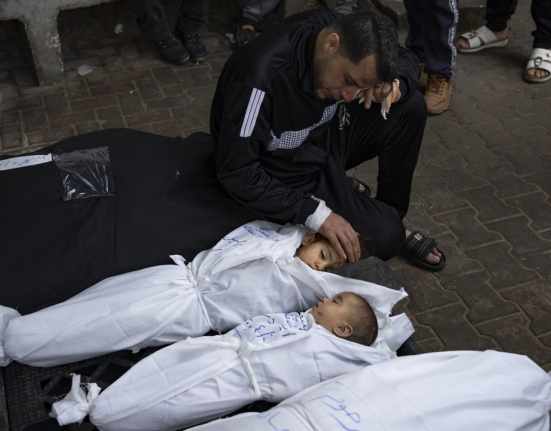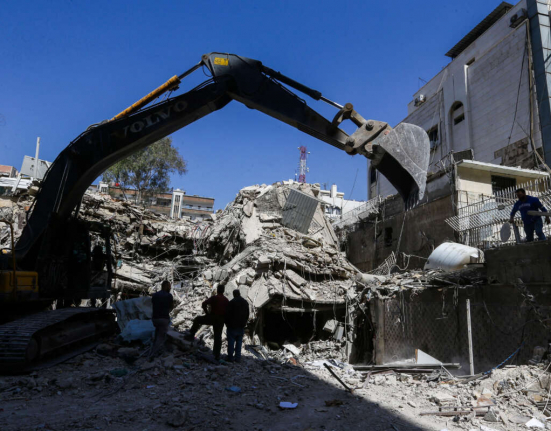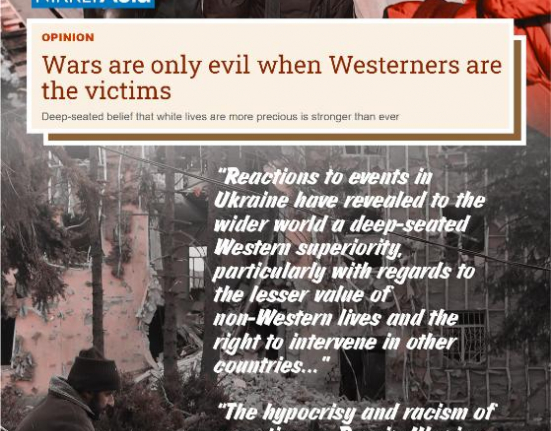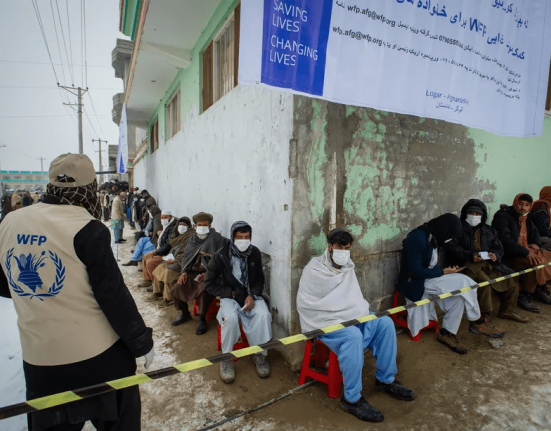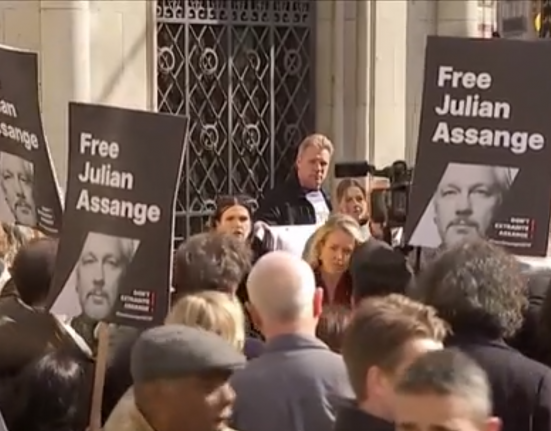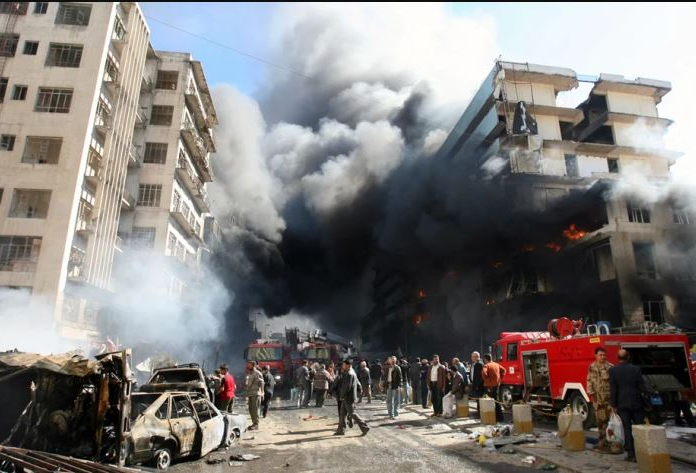by : AMOTZ ASA-EL , THE JERUSALEM POST
MIDDLE ISRAEL: The future will begin the morning after America’s departure, and the Taliban, like the guerrillas of Cuba, Lebanon and Vietnam, will fail its test.
Conventional armies lose if they don’t win, and guerrillas win if they don’t lose, said Henry Kissinger.
The fall of Saigon was six years away at the time, but the legendary statesman detected already then the principle that governed multiple guerrilla wars, including the one he helped end.
That principle – goes the conventional wisdom – explains how Israel was defeated in Lebanon and how the US and its allies were defeated not only in Vietnam, but before that in Cuba, and now in Afghanistan.
Well in all these cases, conventional wisdom is wrong.
THE UNFOLDING American retreat from Afghanistan is indeed frustrating.
America is retreating, and the Taliban, the Islamist militia America dethroned 20 years ago, is filling the vacuum. Government troops are demoralized. Thousands abandoned their outposts and equipment. Some commanders struck deals with the Taliban.
The Afghan Army seems increasingly irrelevant. Fearing the Taliban’s retribution, thousands of the American military’s helpers are scrambling to their homeland’s exit doors – the more ambitious seeking paths to America, others to neighboring Tajikistan. The American investment in building and equipping the Afghan Army is going down the drain.
So yes, if all this brings to mind memories of South Vietnamese citizens pushing each other to climb the last American helicopter atop the embassy in Saigon, or the South Lebanese Army’s officers rushing to Israel’s border fence, it is because the situations are indeed very much analogous.
US President Joe Biden has marked September 11 as the deadline for the withdrawal’s completion, the 20th anniversary of the terrorist attacks that triggered Afghanistan’s American-led invasion.
The odyssey will thus finally end, but the sense of closure will not offset the sense of defeat, especially when viewed with 20 years’ hindsight.
Punched out of the blue in its stomach and nose, the US made big mistakes, strategically, militarily and politically, in autumn 2001.
Strategically, the US went to two wars in two entirely different arenas. It was an overstretch that even superpowers must try to avoid. Militarily, the US underplayed the topographical advantage Afghanistan’s steep mountains would grant its guerrillas. And politically, the assumption that America was in a position to reprogram another county’s government proved unfounded.
The aftermath of all this is more than 2,400 American fatalities, more than 450 other allied fatalities, more than 20,000 American troops wounded, and some $800 billion in overall costs, all in order to see the American-trained army unravel while the Taliban return to Afghanistan’s helm.
How, then, can we say that this is not defeat?
TO UNDERSTAND guerrilla’s ultimate defeat just look to Vietnam.
Yes, in 1974, North Vietnam seemed victorious, having seen South Vietnam collapse, the American military retreat and all foreign embassies relocate to Hanoi. However, by the following decade the cause for which the North fought – Communism – unraveled itself.
And with its guiding idea collapsed, the ostensibly victorious Vietnamese government went down on its knees, begging then-president Bill Clinton to establish diplomatic ties between Washington and Hanoi.
With the Soviet Union gone and the East Bloc vanished, the former guerrillas lost their main trade partners, and sheepishly conceded they would have no future without Uncle Sam. Uncle Sam agreed, and is now a capitalist Vietnam’s friend. So who won?
Yes, as Kissinger observed, the guerrillas had a military edge. However, once it came time to proceed from war to peace, the guerrillas failed, and went hat in hand to the enemy they claimed to have defeated.
The same thing happened with Cuba.
Yes, Fidel Castro’s guerrillas deposed the corrupt Fulgencio Batista, despite his American backing. However, a generation later it turned out that in the bigger war, the war of ideas, Cuba was trounced, as Castro himself legalized business ownership, entrepreneurial credit and usage of the demonized dollar.
The same thing happened in Lebanon.
Yes, Israel retreated, and yes, some Lebanese told themselves that they – unlike Egypt, Syria, Jordan, and the Palestinians – defeated the Jewish state. It was the same delusional thinking that made Cuban and Vietnamese leaders think they defeated America, and its aftermath now emerges similarly grotesque.
The ostensibly victorious Lebanon is a country on its knees. Drivers spend hours in snaking lines outside gas stations, electricity routinely falls for hours, people say they are skipping meals, the government’s foreign currency reserves have evaporated, and the pound, now trading at more than 15,000 per dollar, lost over the past two years alone 90% of its value.
This is the aftermath of a country whose leaders, like Cuba’s and Vietnam’s in their times, invented an enemy and took it to a war that their society and economy could never afford. Is there any doubt Afghanistan is now headed the same way?
Yes, America made mistakes in Afghanistan. It was wrong to install a foreign-powered government, it was wrong to pit a conventional army against guerrillas, and it was wrong to fight simultaneously in Kabul and Baghdad.

But the invasion also had achievements. Al-Qaeda, which the Afghans refused to evict, was routed along with its leader, and America showed the world that if attacked it will retaliate, with its many allies at its side.
Yes, the Taliban will say they evicted America, conveniently forgetting that America never meant to rule Afghanistan. It came there to stem Islamism’s assault not on Afghanistan, but on all of mankind, and that goal was achieved.
As for Afghanistan itself, it will have to fight its cancer by itself. That is what the Cubans learned after John F. Kennedy’s Bay of Pigs fiasco, that is what the Lebanese learned after Menachem Begin’s Operation Peace for Galilee, and that is what the Afghanis will have learned by the time their sorry country emerges from the dark era it will enter the morning after America leaves.

